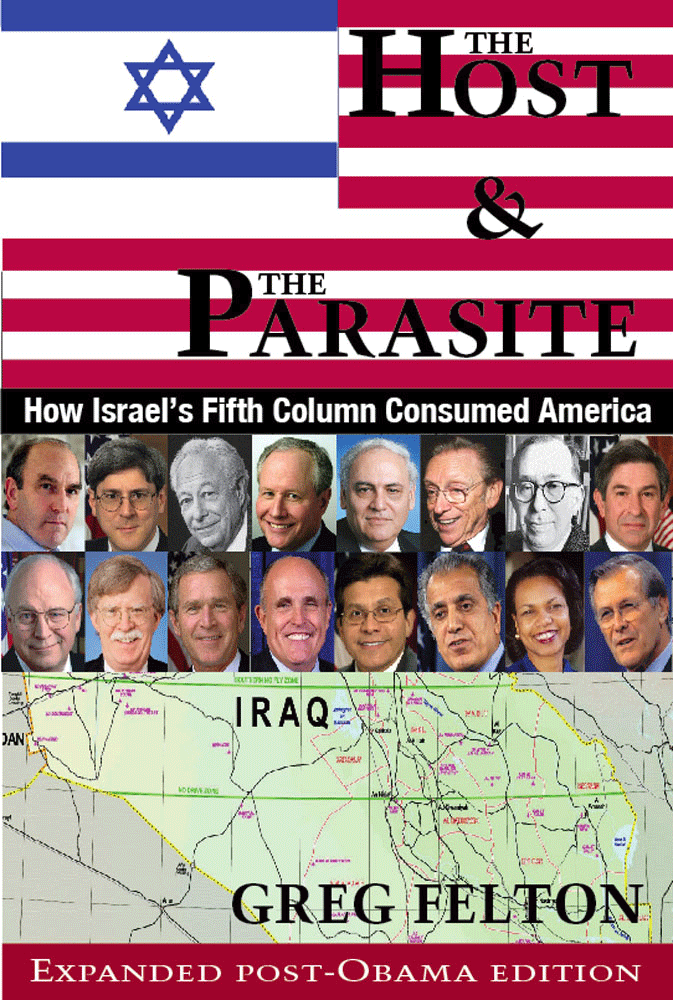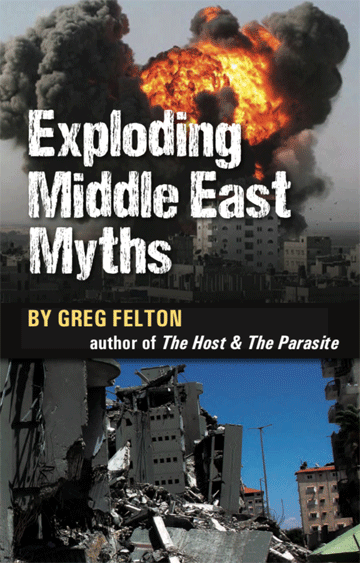De•mo•cra•cy— n. a system of government in which the supreme power is vested in the people and exercised directly by them or by their elected agents under a free electoral system. (dictionary.com) To•tal•i•tar•i•an•ism— n. a system of government that subordinates all aspects of its citizens’ lives to the authority of the state, with a single charismatic leader as the ultimate authority. gregfelton.com All culture is essentially exclusionary; beliefs and practices distinguish one people from another precisely because they are different. The two systems of government defined above, for example, look as dissimilar as any two dissimilar things could possibly be. One depicts a society of self-governing free citizens; the other depicts its polar opposite. For much of the last 100 years, these two systems of government were in a state of war (hot or cold), and out of this bi-polar world came the Western, democratic conceit that ours is the best of all possible worlds: free elections vs. rigged elections; rule of law vs. police state; civil society vs. coerced conformity; peace vs. war.
German fascism, for example, has been stripped of historical context and made into a cartoonish stereotype with its proponents reduced to simplistic pejorative clichés. Don’t like Iran’s president? Liken him to Hitler. Want to shut down criticism of Israeli war crimes? Play the Jew-as-victim card and invoke the Holocaust®. Don’t like having to obey a strict rule? Call the enforcer a fascist. Yet if we do not make the effort to understand the Nazis, how do we avoid becoming like them in their absence? Hitler singled out Jews for persecution because he believed they represented a threat to the German people and were responsible for Germany’s failure in World War I. Though they were full citizens of Germany, Jews were not afforded protection to which they were entitled under the laws of the 1919 Weimar Constitution. Democracies today single out Muslims for persecution—torture, denial of due process, warrantless searches, indefinite detention, assassination—because they are deemed to be “terrorists.” The rule of law does not apply to them, or for that matter to any citizen who protests official edicts. So how, exactly, does our persecutory police state differ from Hitler’s? How is it proper to flog the dogma that Hitler and the Nazis were evil, when we are so similar? “Communism,” “Russia” and “Stalin” are abused even more, largely because they symbolized everything opposed to our worship of the individual and the Labour Theory of Value. We condemned the Soviet Union and other “red” countries for their centralized, planned economies that treated their people as mere economic factors of production for a soulless state-run apparatus. We, on the other hand, are expected to accept the dogma that governmental control of the nation must be kept to an absolute minimum. Regulation, even taxation itself, is an attack on a corporation’s god-given right to maximize profit and exploit people’s labour. Raising taxes to pay for such public services as medical care, the post office, parks, broadcasting, government oversight agencies, or education is hysterically denounced as “socialist” or “communist” because redistributing wealth is something that “communists” do. For example, when Israel’s U.S. governor Barack Obama, in one of his few acts on behalf of the American people, tried to bring in a health-care program, he was vilified as “communist,” and had his program mocked as “Obamacare.” In a democracy, public spending does not equate with ruthless, centralized government. Citizens are people, not serfs, and the state exists to serve their interests, not the other way around. But anti-statist prejudice in Canada and the U.S. has reached such extremes that debate over the merit of social welfare is anathematized. The quasi-religious embrace of low corporate taxes, corporate lawlessness, and social Darwinism for everyone else has reduced free citizens to economic inputs in a parasitic corporatocracy. The public good, far from being the summum bonum of our society, has been reduced to an accidental by-product of private greed. So, exactly, how is our “democracy” any different from the repressive communist societies we once held in contempt? We used to boast that the free press was a defining characteristic of a democracy, that the press wasn’t merely a propaganda tool of the state. When I was in university, it was common to deride the Soviet daily newspaper Pravda as typical of false, inflammatory, distorted news. Yet we now know that the New York Times deliberately larded its Middle East reporting with false, inflammatory, distorted “news”—led by Pentagon stenographer Judith Miller—and these distortions were integral to selling unprovoked military aggression to the U.S. public. Now, outright media fraud could become law. As columnist Juan Cole reports: “Two congressmen are attempting to insert a provision in the National Defense Authorization Act that would allow the Department of Defense to subject the U.S. domestic public to propaganda. The bipartisan amendment was introduced by Rep. Mac Thornberry from Texas and Rep. Adam Smith from Washington State.” Just how is our press superior to the state-controlled propaganda mill of the former Soviet Union? The contrast at the top of this essay isn’t really a contrast at all. It’s a false dichotomy. Our democracy is mutating into “democratic totalitarianism” because our victory over fascists and communists has caused our governments to take over their totalitarian roles. It is March 23, 1933. We are at war, but this time the enemy is us, and the war we will fight will be a civil one. | ||||||||||||||||||


